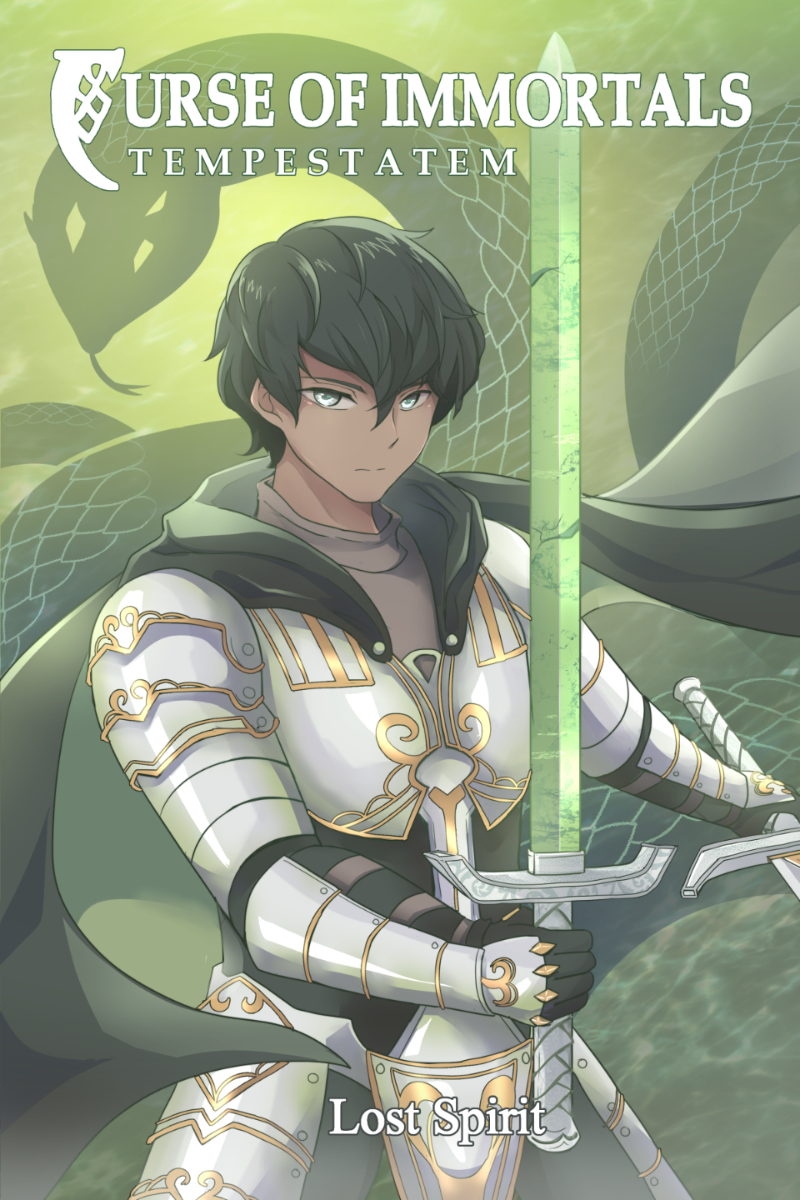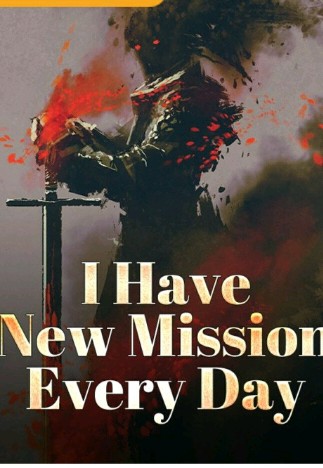In the depths of the Clockwork Palace, behind fortified walls and guarded checkpoints, was the war room. It was a large center of operations, two stories high and crossed by metal catwalks. The first level housed both the Military Operations Committee, also known as High Command; and the Tactical Command and Control unit, or Tactics and Command, frequently shortened to TAC-COM.
Old generals, many of them veterans from previous wars, deliberated around an advanced mapping table complete with an internal projector. The maps their staff laid on the table, and the markings they drew with their thick pens, were displayed on the war room wall in exaggerated size. In their gold-embroidered gray uniforms, sat on their swiveling chairs, the generals discussed the finer points of civilized war. If they thought of a plan, they drafted it on paper and placed it in the hands of a page, to be carried upstairs.
The second floor housed the many groups of the Royal Military and Political Committee, which was an organization of royal advisors, former military personnel, and technical experts. From windowed rooms blinded by curtains, they took Kalen’s broad ideas and refined them into actionable plans. The RMPC and MOC traded plans by the hands of pages, revised them, and sent them off again. In theory, the carousel of oversight ensured the final plan would have been well-thought out; considered from all angles, both military and civilian. In practice, nothing happened quickly.
If a decision was made, it was sent to the semi-circle of desks that surrounded the mapping table. Through the latest in tele-communications technology, TAC-COM then sent orders throughout Vultheras. It commanded the infantry units, the observations teams, and those organized militia assigned military liaisons. By the same brass-colored headsets, TAC-COM received real-time reports from the outside, and they relayed all intel to the RMPC and the MOC via written notes.
It was the mid-morning hours of the 62nd day, just after the seventh bell, when the war room was whipped in a frenzy. Reports sent to TAC-COM via the eastern observation teams indicated Atilonian assault boats were being loaded from freighters among their armada. The RMPC and MOC both agreed that was the final step before invasion and the Atilonians were guaranteed to attack soon. What they couldn’t agree on was an appropriate response.
For the past 24 hours, strife inside High Command and the Royal Committees forced them to a deadlock. Generals in the MOC couldn’t decide if a pyrrhic victory—where battle was won at too great a cost to the victor—was possible, or if they were driving their own forces to reckless suicide. Meanwhile, the RMPC tried to decipher Kalen’s public messages, because the king himself hadn’t descended from his royal quarters. Loud voices argued that king Kalen expected a fervent defense of Vultheras, down to the very last man; in their eyes, suicide by battle was necessary.
The committees made plans, but they couldn’t come to an agreement, and the battlefield appeared to change by the hour forcing more revisions. In the midst of that crisis, duke Eddleston arrived in his ducal regalia. The patriarch wore a gray-gold dress suit with a checkered duelist’s cloak thrown over the left shoulder. Beneath the cloak was the black scabbard of his heirloom sword, fastened down by a leather clasp.
He wiggled his upper lip, jostled the large handles of his white mustache, as his disdainful eyes surveyed the war room. It was so chaotic, clouded by smoke and confused with sounds, that he hadn’t been noticed by the staff. Softly he stepped forward, past the pages, the officers, and the generals. They noticed him one by one, their eyes startled open, their feet shuffled aside. Like the grim reaper he advanced in silence, white glove settled pommel of his sword. He stopped at the head of the room, in the glare of the projector; the duke’s long shadow was cast over the exaggerated map.
The war room first turned quiet, then the ceiling lights flickered and the projector dimmed and glowed. The duke removed the scabbard from his belt and struck it to the floor. The projector shut off, the lights clapped out, and the war room was silent as the grave.
Your goodbye, the duke thought in the dark. For you to come to me, after all that time, and say those words…. The Atilonians attack today.
The lights clapped on, but the projector remained off, broken—in fact—by the duke’s wrathful emotions. An old general with thin white hair approached Eddleston, hands clasped courteously. “My lord,” he said.
“General Wagner,” the duke said with stoic regard. “Give me a readout.”
“A readout?” Wagner asked.
The duke narrowed his eyes and the general straightened his back. “Of course,” Wagner said, spun around to direct his staff.
It was not strange for the duke, Eric Eddleston, to visit the war room. Over the course of years, he had come to know the generals of the MOC. They were once talented officers, educated at academies both foreign and domestic, and further tested by the realities of war. However, it had been some time since they had seen a battlefield first hand, and with respect to the First General, Karl Wagner, it had been decades.
They had become far more adept at politics than war, and deadlocks were frequent when the RMPC and MOC struggled for ascendancy in king Kalen’s eyes. That was how duke Eddleston earned the moniker of Shadow King, as he resolved issues in the king’s stead.
It wasn’t hard to see why he was respected. The duke that stood at the head of the room, his hands firmly placed atop his sword, cut a statuesque figure like a stalking viper. He was more than a general, a politician, or a noble; he stood as the embodiment of war itself.
Among the lower classes, it was even rumored if duke Eddleston ever drew his sword—the Seventh Star—he could slay ten-thousand Atilonians in a single stroke.
“Approximately thirty minutes ago,” general Wagner began before the duke, his staff stiff behind his back. “Observations reported the Atilonians were boarding their assault ships. We concluded that meant they planned to invade, but—”
“What is your plan to defend the city,” the duke asked.
Wagner’s eyes wilted at the duke’s question; his lord’s displeasure was palpable. “There are several,” he said.
“When the Atilonians break the shield,” the duke said, scowled deeply. “Will you still be here, pondering?”
Sweat dripped down the Wagner’s brow. “No, sir,” he said.
Duke Eddleston clipped his sword to his belt. He glanced up at the catwalks and saw how the RMPC had left their little rooms and come to watch, their arms folded over the thin railings. There were smiles on their faces.
The duke sighed through his nose, cooled his hot blood. Not since Mary died have you deigned to visit this place, Kalen, the duke thought as he retrieved a paper from his coat pocket. And in your absence, self-aggrandized men have grown as rust on gears made wet by your damn tears.
“What is this?” Wagner asked as the paper was passed into his hand.
“This is the plan you will use,” the duke said. “Now call for duchess Wensenset, immediately.”
The general blinked and unfolded the paper, held it closely to his peering eyes. “The duchess?” he muttered.
“Yes, my lord!” a staff member shouted, responded with a sharp salute.
“How many men do we have across the bay?” the duke asked. “Give me your best guess.”
A different general stepped forward, Katrin Wulff. She was a short woman, younger than most in High Command, and she had distinguished herself as a cavalry commander prior to the Zenith War. Those medals she earned for courage and bravery by gun and horseback she wore proudly on the breast of her coat.
Wulff bowed briefly in respect to the duke, then straightened her neck. “Approximately thirty-five thousand,” she said. “But the barrier cut contact to the 27th and 31st defense divisions, so we can’t guarantee they’re still alive.”
“Observation has seen no activity to suggest they’ve been captured,” the duke said.
“That’s true,” Wulff conceded with a dip of her head.
“When the shield falls,” the duke began, loud enough the whole room could hear. “And, it will fall. Duchess Wensenset will cast a long-range spirit link and attempt to connect to her grandchildren still embedded with the isolated divisions. If they are there, we will coordinate a counter attack against the Atilonian rear guard while we hold the city. Your forces will focus on the harbor, while I hold the bridge.”
Wagner lowered the paper in his hand, stared wide-eyed at duke Eddleston. “Sir, I don’t quite understand,” he said, “or perhaps you haven’t heard. What I was going to say—what I was trying to say—was that in addition to assault ships, the Atilonians have formed at least three armored columns on the bridge. We can’t stop tanks with infantry, and our golems were destroyed, captured, or lost with the defense divisions.”
But, aren’t I also to blame? Isn’t this foolish plan peddling my fault, as well? Because I’ve neglected my responsibility, shrunk behind Jessica’s fame…. The duke gripped tightly on the handle of his sword.
“What about my instructions confused you?” Eddleston asked, ignored Wagner’s complaints. “Or do you believe a hundred tanks alone are enough to push me aside.”
Wagner swallowed. He was ten years older than duke Eddleston, the oldest general still serving in the army. Of those in the war room, witnesses to Eddleston’s battles could be counted on one hand, and Wagner had seen two. The duke stared into Wagner’s dull blue eyes, and the general flinched.
“You are without a doubt our finest warrior,” general Wagner said. “But there are a hundred-thousand Atilonians beyond the bridge. After the tanks, they’ll send men. After you’ve done away with them, they’ll hit you with artillery. If they brought planes, they’d drop bombs on you from the sky. If they had conscripted wizards, they would bring a hell storm on your head—!”
The duke glared. “That’s true,” he interjected, “but I—”
“Eric!” Wagner snapped; the timidity of a politicking man was dispelled in a fit of anger. For a moment, they were not duke and first general, but Karl and Eric, men that had fought shoulder to shoulder on the same field.
The duke’s eyes softened and his hand relaxed from his sword.
“You will die, eventually,” Wagner continued. “If we were to throw away everything that was sacred to us, everything that was important to us, we would have just shot all our cannons at the bridge and slaughtered the Atilonians there! But that bridge cannot be replaced. We can only hope that they’ll leave it intact, so that when Edwindy reclaims the city, our heritage will remain for the citizens in Mathematzen’s embrace.”
The first general panted, his face flushed with an exertion he hadn’t made in years. “You are the last Swordmaster,” Wagner said after a moment. “When you die, even if house Eddleston survives and your children carry your name, none will carry that sword. With your death, the soul of Bastilhas would be crushed.”
The duke turned his head, looked across the room. All eyes were on him, steady with a conviction Eddleston had ignored. Was I the reason for this deadlock? he thought. They had considered me already and yet discarded my prowess. What is this, respect? Admiration? Love? They see me not as a man, but as a monument.
“So, please understand,” Wagner said. “We are searching for another way—to spare you—”
“Spare me?!” the duke shouted and caused the lights to flicker by the excitement of his mana.
“I wanted to spare you, for my life will end in tragedy. Your protection, your love, is not something I deserve. It’s not something I can possibly repay. I’m sorry,”
“This is goodbye.”
“Bastilhas is on the brink of annihilation,” duke Eddleston shouted. “And you want to spare me the dignity of serving it to my death? You would deny me that honor?! I… would do anything to protect her. If my sword is not strong enough, then nothing in this world could do better. If I die, and Bastilhas burns with me, then from those ashes—I hope—something new would rise. Something better, that doesn’t repeat her damn mistakes!”
“I am going to war. Repay my loyalty with your obedience!”











